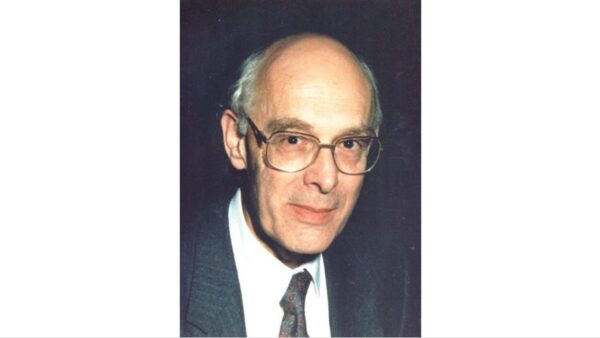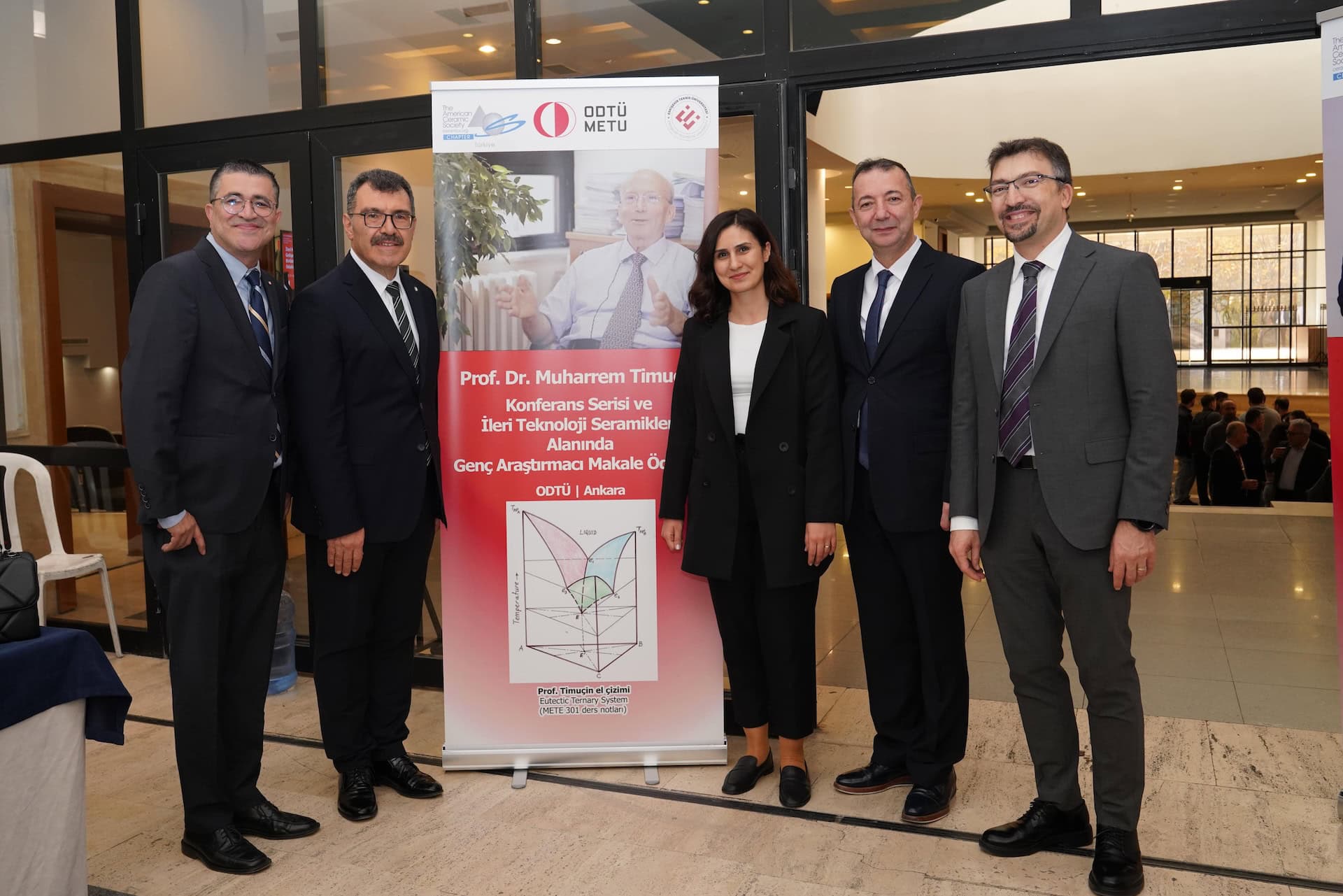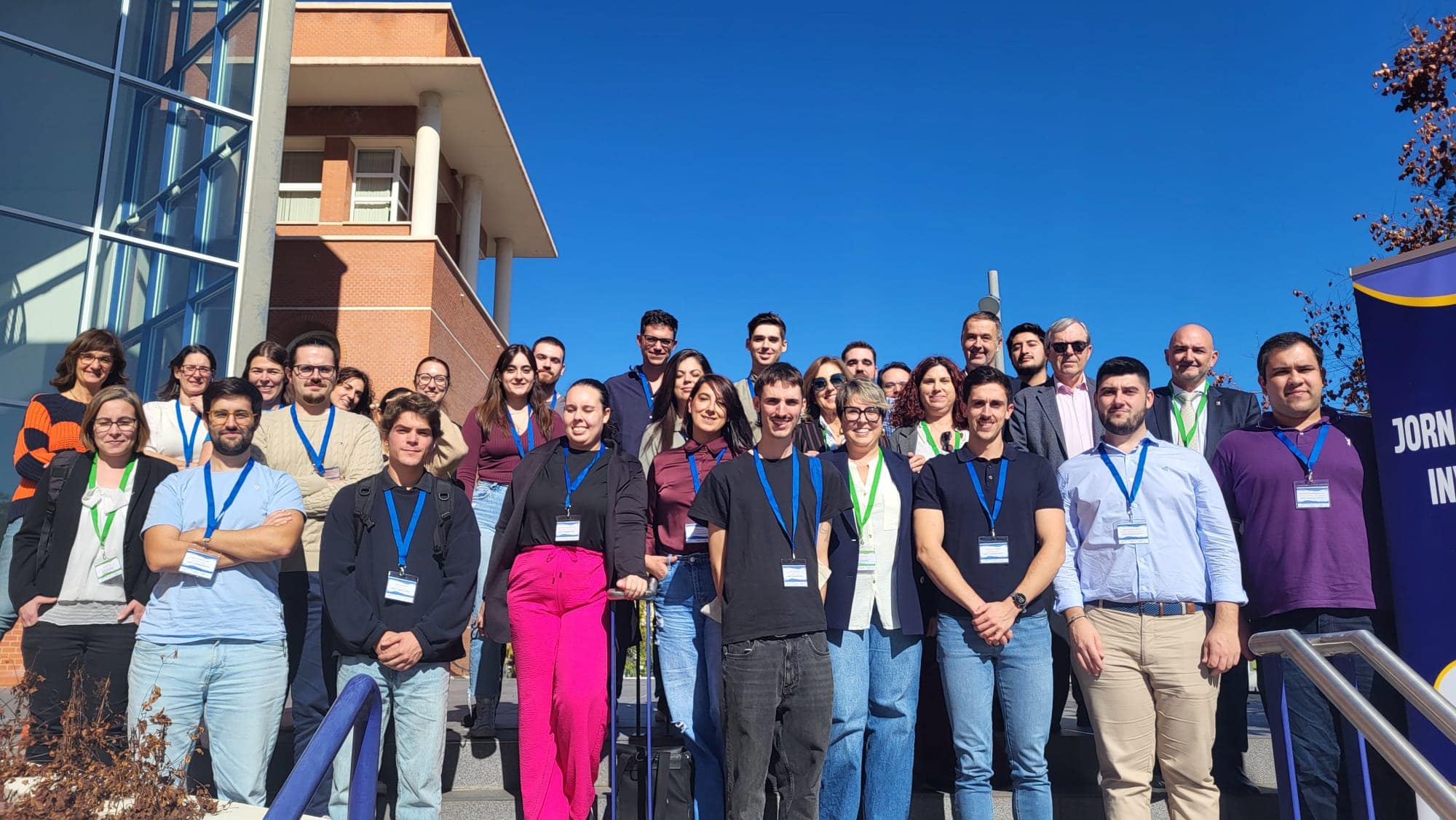
By Arun K. Varshneya, Saxon Glass Technologies Inc., Alfred, N.Y.; and Edgar D. Zanotto, Federal University of São Carlos, São Carlos, Brazil
Emeritus Professor Michael Cable, age 82, died August 20, 2016 in Sheffield, U.K. The world of glass technology lost a beloved teacher and an eminent scholar.
Cable completed his bachelor’s degree in glass technology with honors at the University of Sheffield in 1956, followed by a Ph.D. in 1959. After working as a postdoctoral fellow in the MIT Ceramics Division, he returned to Sheffield in 1961 to take up a lecturer position in the Department of Glass Technology at Sheffield University, continuing until his retirement as full professor. Cable built a prestigious career for careful and in-depth analysis of the fundamental aspects of glass melting and forming, applying physico-chemical principles and the full power of mathematics to model the behavior of glass and glassmaking processes. His results were always supported by careful experimentation at a well-run glass melting facility. The quality of his research led to the award in 1976 of the degree of D.Sc. Tech. at the age of 42—a remarkable achievement.
He was awarded the Otto Schott medallion by the Deutsche Glastechnische Gesellschaft; an Honorary Doctorate of Technology by Åbo Akademi, Finland; designation of Fellow of the Society of Glass Technology; and the International Commission on Glass’s prestigious President’s Award. Cable was an editor of Society of Glass Technology’s journals for a number of years, and in 1997 the Society of Glass Technology honored him by electing him to the select company of Honorary Fellows.
Over his lifetime, Cable produced more than 150 high-quality research publications, 25 Ph.D.s, 14 masters and several bachelors students. Research students admired the quality of his thinking and recognized him as a demanding taskmaster yet a supportive friend in times of stress. Research under the supervision of Michael Cable was for many a life-changing experience. Both of us were fortunate in taking classes on glass technology from him. In particular, Cable was the bachelor’s thesis co-advisor for one of us (AKV).
In later life, Cable was committed to the history of glass-making, giving many interesting presentations on the development of furnaces, heat recovery systems, and the sources of different batch materials over the centuries from his translations of a number of important historic glassmaking texts. These were published by the Society of Glass Technology.
No doubt, he will be sorely missed by the international glass community.
Author
Eileen De Guire
Spotlight Categories
- Member Highlights


